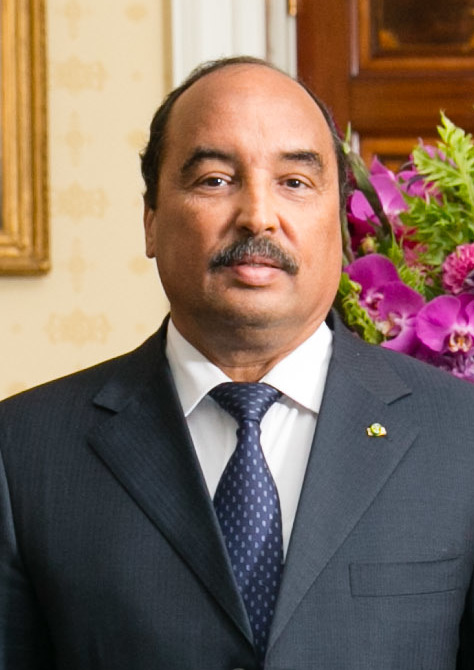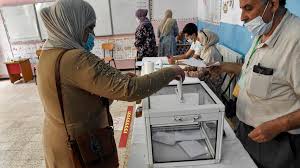
Mauritania’s former president Mohamed Ould Abdel Aziz has been sentenced to 15 years in prison for corruption—marking the sharpest rebuke yet of the ex-military strongman who once dominated the nation’s political scene.
Handed down by a Mauritanian appeals court on Wednesday, the ruling intensifies a 2023 sentence and includes a $3 million fine against Aziz, who was convicted of money laundering and illicit self-enrichment during his decade-long presidency from 2009 to 2019. Investigators say he amassed over $70 million in unexplained wealth while in office.
Aziz, who came to power through two coups and later oversaw Mauritania’s first peaceful democratic transition in 2019, has remained in custody since his initial conviction. He and his legal team maintain the charges are politically motivated, citing a bitter fallout with his successor and former ally, President Mohamed Ould Cheikh Ghazouani.
“This is not justice—it’s vengeance in disguise,” said one of Aziz’s lawyers outside the courtroom, vowing to appeal to international human rights bodies.
The case has riveted the region and drawn praise from governance advocates as a rare instance of an African head of state being held legally accountable after leaving office. Yet it remains entangled in political overtones, especially as Aziz attempted to claw back influence within the ruling party post-retirement, prompting a parliamentary commission to launch a sweeping investigation in 2020.
While six of Aziz’s former high-ranking officials were acquitted, the court upheld a two-year prison term for his son-in-law and ordered the dissolution and asset seizure of the “Errahma” Foundation, a charitable front run by Aziz’s son.
The verdict lands amid deepening public frustration in Mauritania, a resource-rich but economically strained nation. Despite vast deposits of gold, oil, and gas, nearly 60% of Mauritanians live below the poverty line, according to the United Nations, and irregular migration is rising as youth seek better lives abroad.
For many citizens, the ruling stirs a mix of hope and skepticism.
“This could be a turning point,” said Fatimata Sow, a civil society advocate in Nouakchott. “But whether it’s justice or just political theatre depends on what happens next—who else is held accountable and whether stolen wealth is returned to the people.”
As Aziz begins his prison term, Mauritania faces a defining test: whether this landmark verdict heralds genuine reform—or simply another chapter in the country’s long dance between power and impunity.



